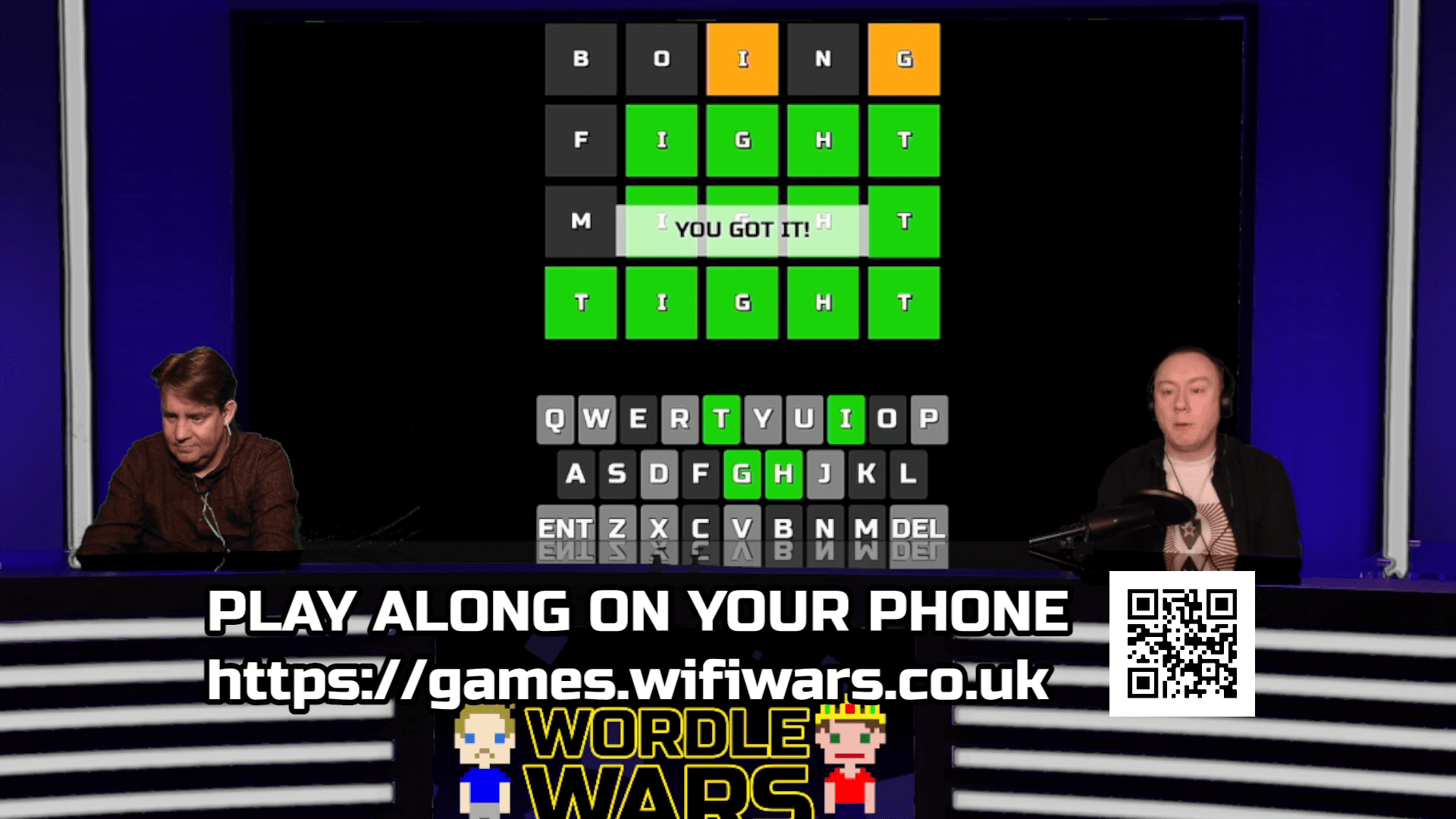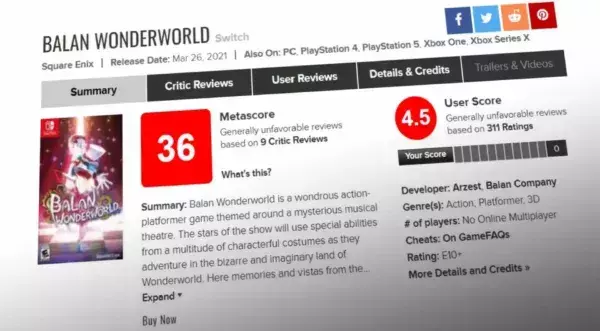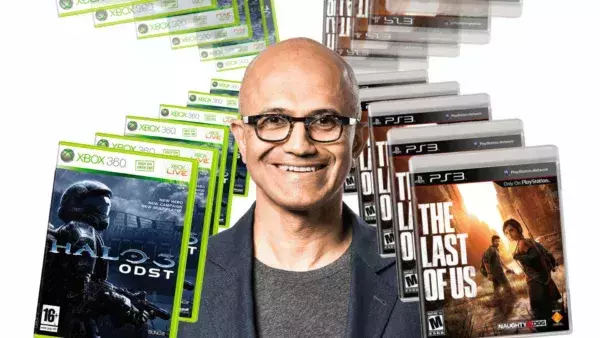
By the time you read this, you’ll almost certainly have heard of Wordle. Created by Josh Wardle, it offers everyone the chance to solve a single word puzzle each day. A variant of the recently revived TV show, Lingo, which itself owes much to the old plastic peg board game, Mastermind, it has captured the public’s imagination as a bit of light relief to offset the crushing despair of the other big thing that’s been spreading through the country.
Long time readers of this column may be aware of WiFi Wars, the show I’ve developed over the last few years with official tech genius Rob Sedgebeer. The show allows any number of people to compete live (online or in theatres in the ‘before times) on games and quizzes beamed in-browser to their phones. I had the idea last week whilst on the toilet of adapting our tech to make a live, competitive version of Wordle, and Rob then spent several sleepless days and nights doing precisely that. An even division of labour between the two of us, I’m sure you’ll agree.
It’s been an interesting journey so far. We didn’t want to simply replicate what people were used to, so created variants with more or less letters, and more or less guesses, to add variety and allow for multiple difficulty levels. We also added a time limit (as all our games have) and introduced a numerical version, ‘Numble’. Rob chose to implement this with a BIDMAS rule set, which I hate, but I can’t be bothered to learn how to code or do any real work, so for now, we’ll all just need to get on board with that
.
as less to do with jumping on the Wordle wagon, and far more to do with being a timely test case for our broader development plans for 2022. Writing new quiz questions each week can be time-consuming, and playing the same games can begin to feel repetitive for regular viewers. By contrast, Lingo, and game shows like it, actually remain as satisfying the 100th time – possibly even more so – and, crucially, have variety baked into them.
Of course, a big part of the appeal of Wardle’s Wordle is that it is a single puzzle each day. This avoids it consuming large amounts of people’s time in the way something addictive like Candy Crush might, and allows everyone to enjoy a shared discussion, as the many little coloured squares currently appearing on Twitter prove. Also, by being free and in-browser (rather than requiring the installation of an app), it removes a key barrier to participation.
I guess what I’m saying is that Rob has ruined Wordle, and is a BIDMAS pervert, but we’ve learned a lot, so I’ll forgive him.
BIDMAS is an acronym that explains the order of mathematical operations: Brackets, Indices, Division, Multiplication, Addition, Subtraction. This means 2 + 4 × 3 = 14, not 18. Which I hate.





